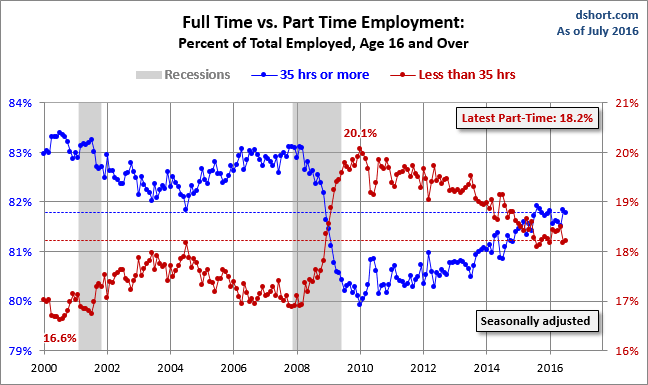Yeah, not so much.
Without insurance, health care would be unaffordable for the vast majority of Americans. Insurance companies distribute the risks and costs of health care across a big pool, and negotiate prices with insurers and doctors and hospitals.
Insurance doesn't make health care cheap for the people who have it. What it does is spread the costs out among the ratepayer pools. Most of these procedures would still cost whatever the insurance company gets charged for them, and that would still be well beyond the ability of most people to pay.
For the vast majority of Americans, if they weren't paying into an insurance system, it is highly unlikely they'd set that money aside for a heart attack on a rainy day. Most people would spend it, and not save up money for the all-but-inevitable heart attack or cancer.
I concur that for-profit insurers are causing lots of issues. The problem is that we cannot make health care affordable by wiping out the insurers. The service they provide -- pooling risk -- is still a critical one. Health care is expensive in the US not because we pool risk, but because the profit motive is skewing the way we handle these critical services and needs.
By the way, one of my doctors doesn't take any insurance whatsoever. She's competing against doctors who do take insurance, who charge for the copay (typically $50 these days) and maybe a little extra that insurance doesn't cover, she doesn't have the overhead of dealing with insurers. She charges $350/visit. I see no indication that cutting out that particular middle-man has reduced her costs.
If you have a heart attack or a stroke, you don't exactly have a lot of time to shop around. Maybe you will know in advance what hospital you want to be taken to, but once you're there, your options are limited.
Or: Let's say you have a stroke. Every minute counts. Are you going to give EMTs or relatives a standing order to take you to the hospital that is a 45 minute drive from your house, because they charge 10% less than the one that is 15 minutes from your house?
If you have cancer, are you going to skip on the surgical portion because it's too expensive? Are you going to opt for a different chemo medication because it costs 5% less?
Pharmaceuticals also often have a virtual or real monopoly on drugs -- and can charge whatever they want for them. Competition is not a real factor, when there is only one drug on the market. Consider Daraprim, which has been in the news this week. It's a 60+ year old drug, and was produced at $1/pill. The rights were sold, and the new owner increased the price to $13.50 -- nothing about the drug changed, they just arbitrarily increased the price. The rights were sold again, and the new owner jacked up the price to $750 per pill. Again, nothing changed, except the owner decided to gouge everyone, and is banking on the possibility he'll profit before someone makes a generic (which may not happen at all). His claim that he was increasing the price to do research to replace the pill did not convince anyone.
Extortionate pricing for Daraprim has nothing to do with insurance companies. It's all about monopoly power, and eliminating insurers doesn't change that one bit.
Great! So we could buy Daraprim at $735 a pill, instead of $750? Sweet.
The reality is that most health care cannot work that way. You can't order chemo medications or biologics online. You can't get surgery in one hospital, and recover in another one, because one charges less for Tylenol than the other. Competition doesn't affect pricing when a manufacturer abuses its monopoly power. It's not beneficial to put off surgery for 2 months because you think your surgeon will offer a Black Friday deal. Competition does not eliminate the need to pool and distribute risk.
It's quite clear that a single-payer system, while not perfect, is more efficient overall. It generates a pool significantly larger than what any insurer could do. It has far more leverage to negotiate prices. It can decide not to cover drugs or procedures that are unable to demonstrate a sufficient benefit. It has sufficient power to keep a monopoly player in check. It removes the profit motive from enough of the system to restore incentives that work for health care -- e.g. taking care of patients, rather than making money.

